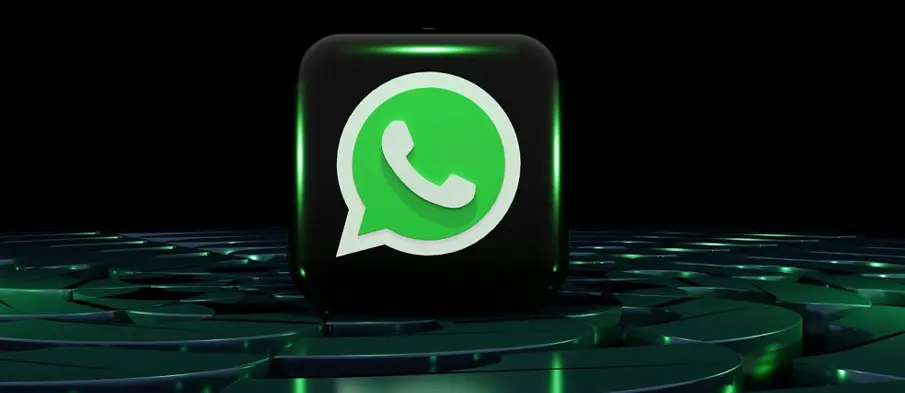
WhatsApp has rolled out a new feature called AI Writing Help, an AI-powered assistant designed to make writing messages easier when you’re not sure what to say or how to say it. Whether the goal is to send a professional reply, a light-hearted one-liner, or a thoughtful message to someone going through a difficult time, the tool generates quick suggestions that can either be sent directly or fine-tuned before sharing.
The feature is simple to access. Users in eligible regions will notice a pencil icon inside both one-on-one and group chats. Tapping on it allows the AI to step in and create message drafts instantly. At present, the feature comes with two key limitations—it is only available in English and restricted to users in the United States. However, WhatsApp has assured that it intends “to bring it to other languages and countries later this year.”
Unsurprisingly, the introduction of AI within a messaging platform raises questions about privacy. WhatsApp, known for its end-to-end encryption, emphasizes that its security principles remain unchanged. The company highlights that its Private Processing technology ensures messages are not exposed during AI operations. According to WhatsApp, this system guarantees that “no one except you and the people you’re talking to can access or share your personal messages.” The approach mirrors Apple’s Private Cloud Compute, which allows AI-driven features without transferring all user data to remote servers.
This means that conversations—whether casual banter, personal confessions, or hurriedly typed rants—remain secure, even with AI assistance. Meta, WhatsApp’s parent company, reinforces this by stating that the addition of AI does not undermine “WhatsApp’s core privacy promise.”
On a broader level, WhatsApp’s move adds to the growing wave of AI-powered writing assistants across digital platforms. From email services and productivity tools to social media and smartphone keyboards, AI is increasingly positioned as a companion to help refine communication. The big question, however, is whether this latest addition will prove genuinely useful or become just another novelty that users experiment with briefly before forgetting.
For now, one thing is certain—when words fail, WhatsApp is ready to supply them.





